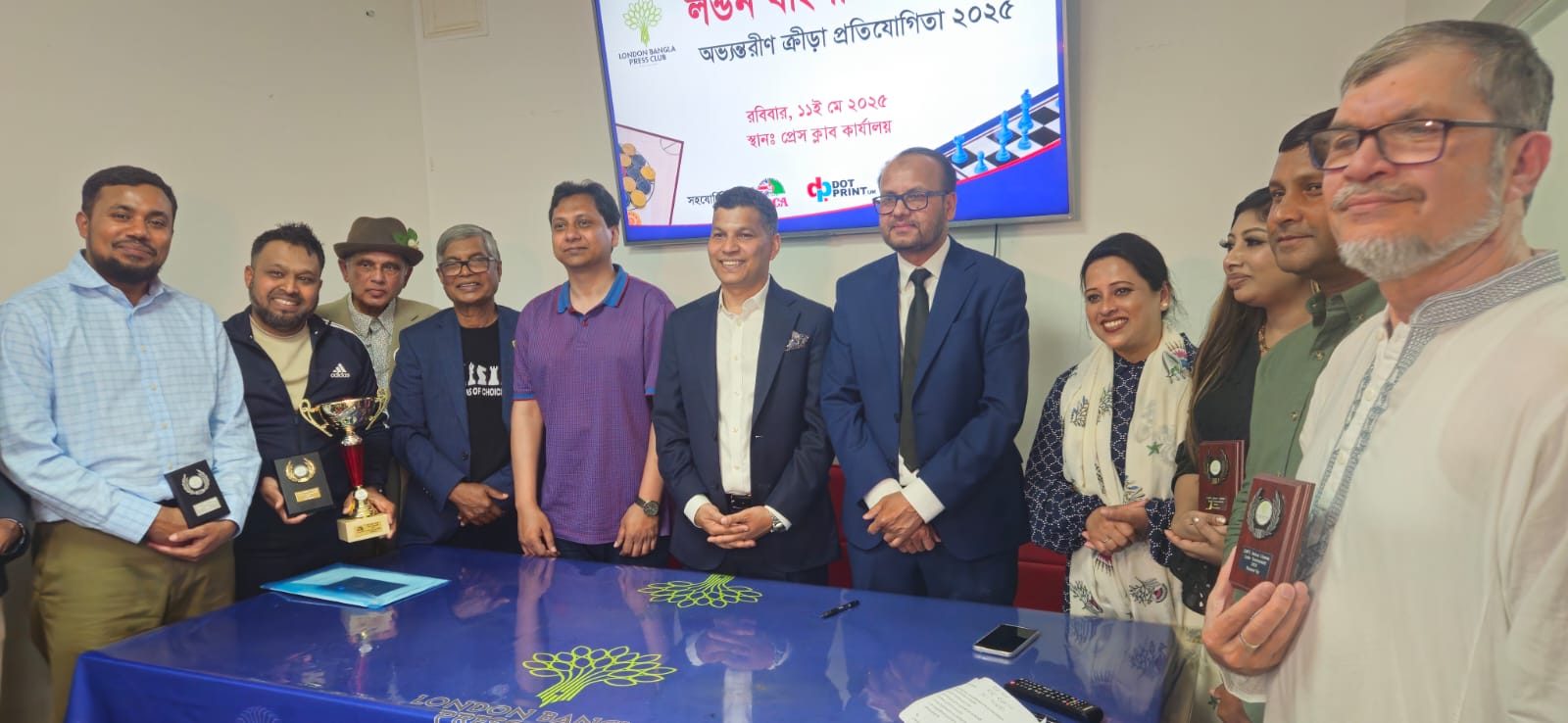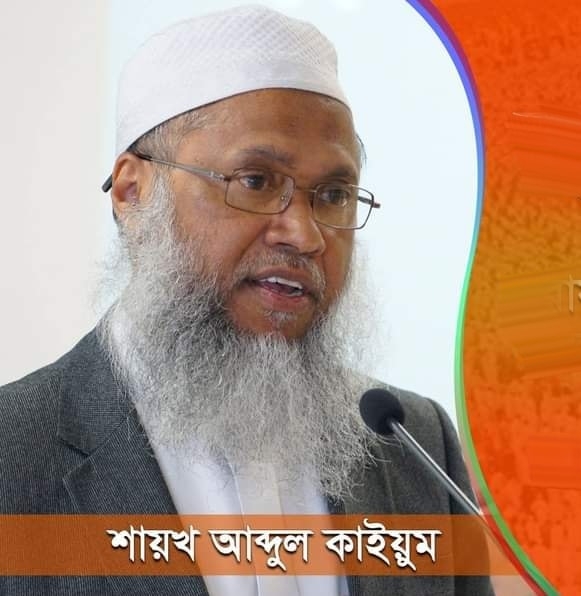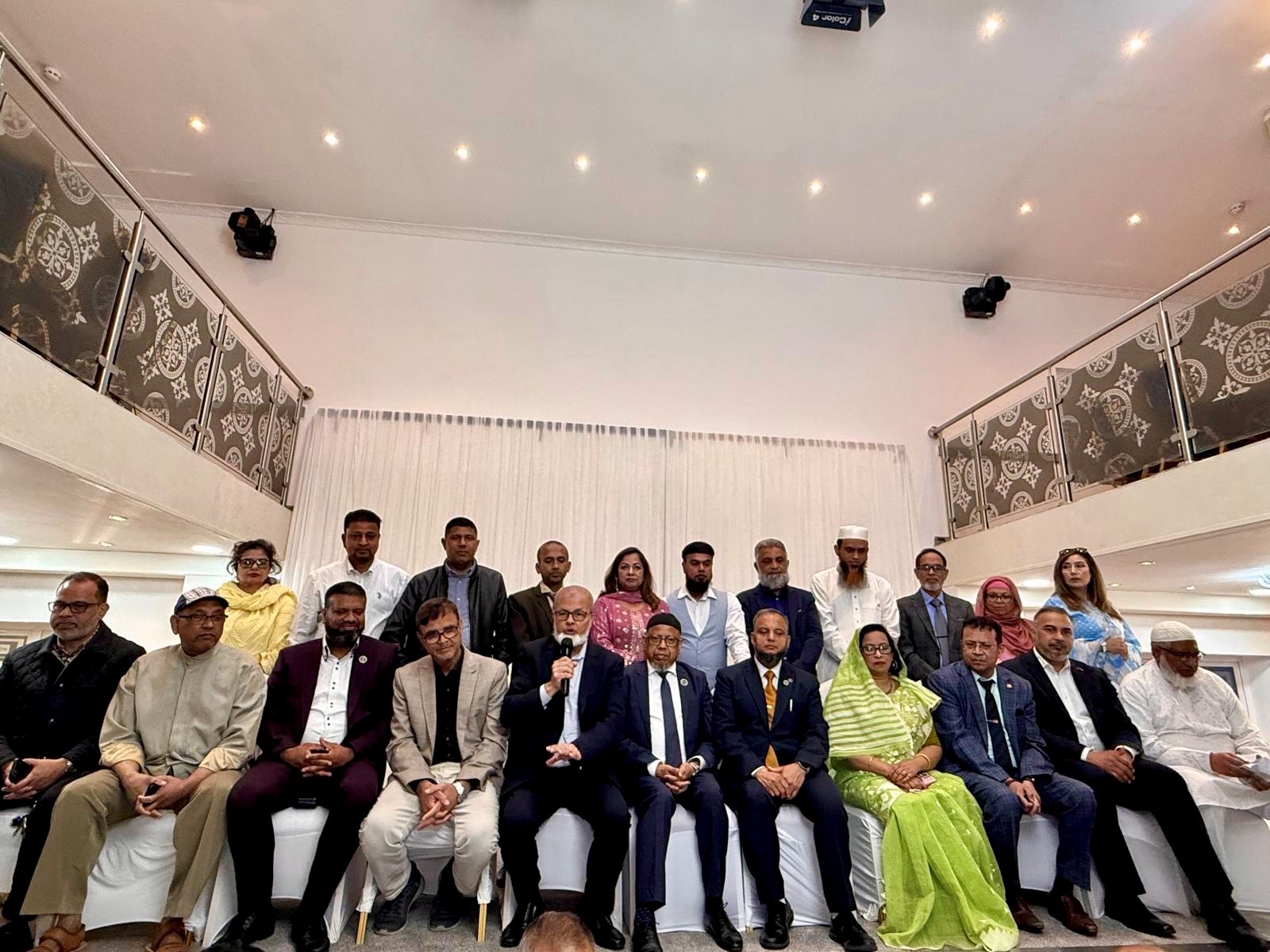Can Dr. Khalid Hossain Narrow the Gap Between Ulama and Secular Academics?
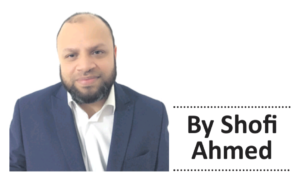
Dr. A F M Khalid Hossain, the newly appointed Religious Advisor to the caretaker government of Bangladesh, is emerging as a widely respected Ulama with a pragmatic brilliance. His profile raises hope that bridging the divide between religious scholars (Ulama) and secular academics can be done. His pragmatic approach and thoughtful insights are gaining traction among various segments of society, still the question remains: can he successfully narrow the gap between these two often-opposing groups for heading the nation in the contemporary celebrated age of innovation.
Bangladesh, though small in size, boasts a large and diverse population, including a significant number of academics who identify as progressive secularists. These individuals often align themselves with Western materialist scholars, whose approach to knowledge largely excludes spiritual dimensions. This has led to a widening chasm between the religious and the secular in Bangladesh—a gap that Dr. Hossain seems uniquely positioned to address.
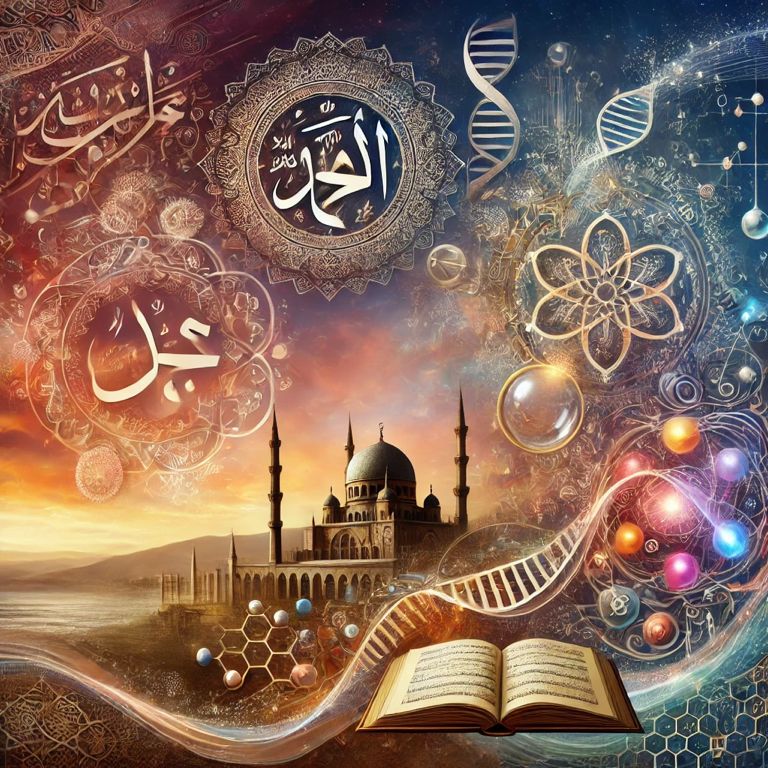
So can this be done, can we see Ulamas and intellectuals standing closer together for the betterment of a developing country like Bangladesh? Can he foster a dialogue that fosters worldly intellectual contributions that aligns with Islamic values in public life? This article explores the challenges and possibilities of Dr. Hossain’s mission, delving into how a more integrated approach to knowledge—one that embraces both faith and reason—could serve as a model for future progress in Bangladesh.
The Growing Divide: Faith vs. Secularism
The divide between the religious and secular communities in Bangladesh is not just an ideological difference; it has evolved into a cultural and social chasm. On one side, there are those who hold firmly to Islamic traditions and values, believing that faith is the cornerstone of both personal and national prosperity. On the other side are those who advocate for a secular approach, arguing that progress is achieved through a rejection of religious influences in public life. This division is becoming increasingly polarised, with little room for dialogue or mutual understanding.
Secular academics in Bangladesh often model their intellectual pursuits on Western materialist scholars, who typically exclude spirituality from their worldview. While this focus on science, reason, and empirical evidence has its merits, it can sometimes lead to a dismissal of the rich spiritual heritage that has long been a part of Muslim culture. In contrast, classical Muslim scholars were known for integrating knowledge from various fields, blending religious understanding with advancements in science, literature, and the arts.
The Role of Dr. Khalid Hossain
Dr. Khalid Hossain’s role in this context is crucial. With his deep understanding of both religious principles and contemporary issues, he is uniquely positioned to bridge the gap between the Ulama and secular academics. His ability to articulate the relevance of Islamic teachings in addressing modern challenges—whether economic, social, or ethical—provides a potential path forward.
However, bridging this gap requires more than just intellectual discourse; it demands a genuine effort to understand and respect the perspectives on both sides. Dr. Hossain can engage with contemporary scientific communities shedding light to align with classic Muslim science that gave the world Algebra. There is good reasons for secular academics to welcome him. As the value of spiritual and moral guidance in shaping a just and humane society is imperative that falls within the moral column. That the religion deals with.
The Importance of Religion in Appreciating Sublime Arts
For those who believe that science, poetry, and the arts are inherently distanced from religious expertise, I offer a different perspective. As poetry is the highest form of arts consider the following poem, which encapsulates the unique way in which religion can enhance our understanding of art:
“A good, straightforward statement is clear,
But a poem is much more.
Beyond its fine craftsmanship,
It resonates with a lurking depth that gleams.
It holds water without revealing it,
Yet intensifies the thirst for it.”
This poem, while simple in structure, speaks to the profound nature of poetry—and by extension, all forms of sublime art. It suggests that while a straightforward statement may be clear and effective, a poem possesses a depth that is not immediately apparent. This depth invites the reader to explore further, to uncover the buried beauty, hidden meanings and emotions that lie beneath the surface.
The metaphor of “holding water without revealing it” illustrates how art, when infused with spirituality, transcends its surface value. Just as water is essential for life, so too is the unseen depth of a poem or painting essential for its full appreciation. This depth is inextricably linked to a spiritual understanding of the world—a perspective that sees beyond the material to the divine, the eternal, and the moral.
Religion, therefore, is not merely an accessory to art; it is the foundation that allows art to achieve its highest purpose. Without the spiritual dimension, art risks becoming shallow, focused solely on aesthetics or technique without touching the deeper truths of human existence. The “lurking depth” that the poem speaks of is precisely what makes art sublime—it is the echo of the divine that resonates within us, stirring a thirst for something beyond the tangible.
A Call for Unity and Progress
The true beauty and power of art lie not just in its ability to please the senses, but in its capacity to touch the soul. Religion provides the depth, the unseen water, that allows art to do this. Without it, art may still shine, but it will lack the gleam that comes from a connection to something greater.
Dr. Khalid Hossain, therefore, can embark on a task to narrow the gap between the Ulama and secular academics, that could help realise in the wider community the importance of the spiritual dimension in all aspects of life—including art, science, and literature. By fostering a dialogue that respects and integrates religion, beneficial science and arts, he can help create a society where these different perspectives are not in conflict but are instead complementary, each enriching the welfare of the country, its people and younger generations that seek the way forward.
This vision of unity—where the best of both worlds come together—is not just a lofty ideal; it is a practical necessity. In a world increasingly divided along ideological lines, Bangladesh has the opportunity to lead by example, showing how a society can be both intellectually vibrant and spiritually grounded. It is in this unity that we will find the strength to overcome the challenges of our time and to build a future that is not only prosperous but also just, compassionate, and true to our rich heritage.



